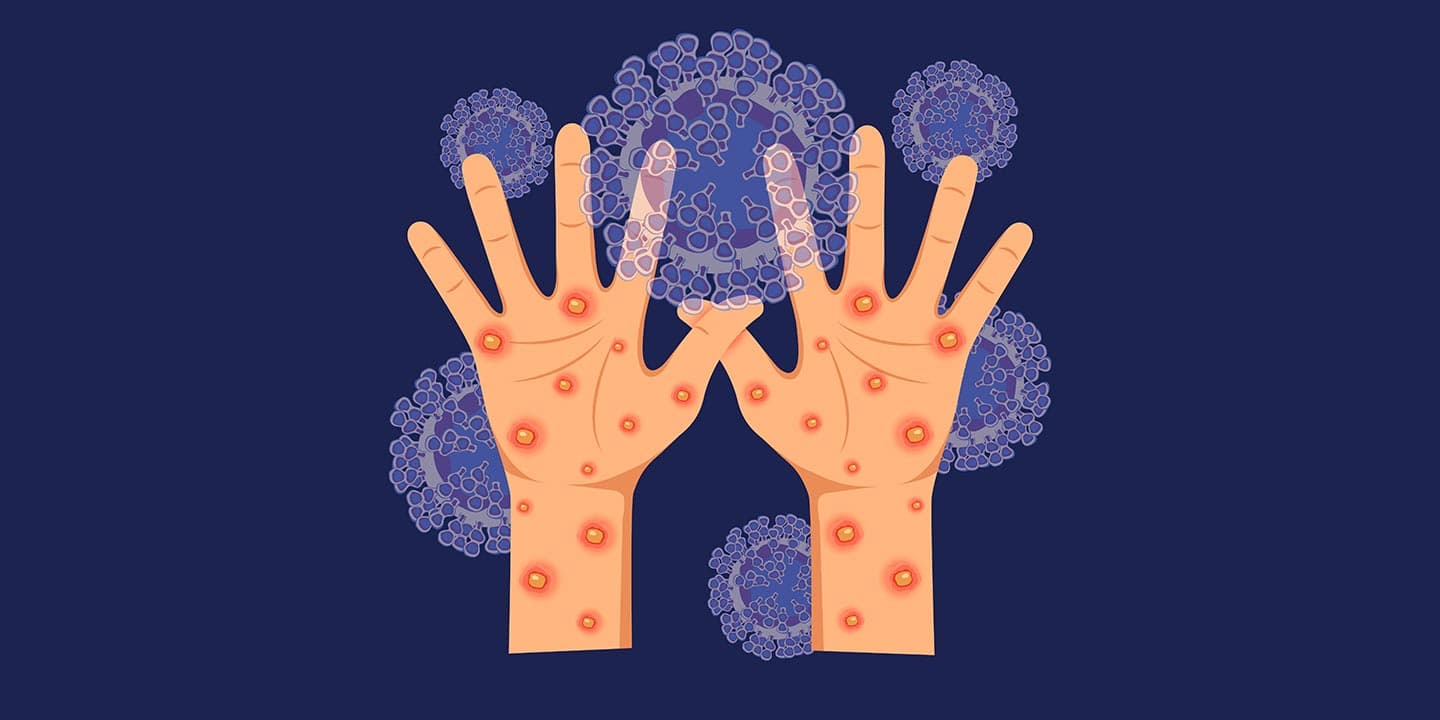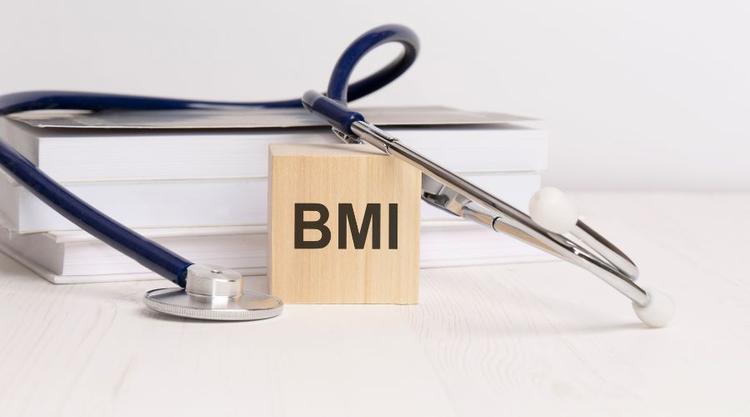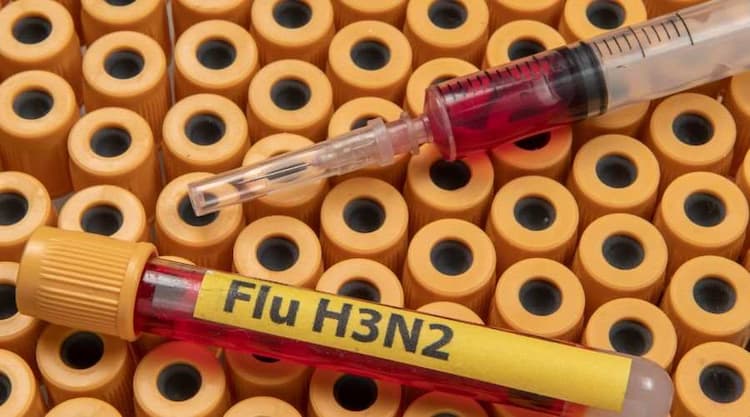Monkeypox Alert: Severe Heart Problem Associated with The Virus, Says Report

Medically Reviewed By
Dr. Ragiinii Sharma
Written By Prekshi Garg
on Sep 8, 2022
Last Edit Made By Prekshi Garg
on Feb 7, 2024

Ever since the onset of the Covid-19 pandemic, the world has witnessed a lot of changes and unrest. From being familiarized with a new infection to living with the “new normal”, we have walked through a lot of unrest. However, the recent medical breakthrough is with the rapid spread of monkeypox. What started out as a few cases of rashes and pox-like symptoms has now affected thousands of people globally. Given that the condition of monkeypox isn’t that prevalent, researchers and doctors are gradually gathering more information as the virus spreads and infects more people. In lieu of such events, a recent case study on monkeypox reports that the virus contributes to severe heart complications. We will explore that in detail in this article.
What is Monkeypox?
Monkeypox is a viral and zoonotic infection, which is spread from an infected animal to a human. The symptoms of this disease resemble that of smallpox. They are typically diagnosed with big, red rashes on different parts of the body, including the folds and crevices around the genitals. The vector of this viral infection is the Monkeypox virus, belonging to the Orthopoxvirus genus of the Poxviridae family. Although the condition is quite predominant across different countries in Africa, the infection has now spread to multiple other countries, including the United States, India, etc. Not just the symptoms, there have been reports of death caused by the Monkeypox virus, creating a red alert globally. Some of the staple symptoms of monkeypox include:
- Blisters
- Rashes
- Fever
- Chills
- Fatigue
Besides being spread via animals, very recent reports also suggest that the virus can spread from one infected person to the other during sexual intercourse or after coming in close contact with someone infected with the virus.
Monkeypox and Heart Complications – A Recent Case Study
As we mentioned before, as the virus is spreading and infecting more and more people, researchers are looking into how it manifests itself in the body. However, a very recent case study indicates that monkeypox inflicts heightened risks of heart complications. Here’s a breakdown of it. The patient in the case study is a 31-year old, male who consulted a doctor after experiencing symptoms like:
- Malaise
- Fever
- Myalgia
- Swollen and red cutaneous lesions on the face, hands and genitalia
Upon assessing the symptoms, the doctor advised an immediate PCR test to confirm a diagnosis of monkeypox. Once the diagnosis was confirmed, the patient returned home with the appropriate prescription they needed to manage the symptoms. However, things took a turn for the worse when the patient reported back to the Emergency room three days later. He complained about feeling tightness and heaviness in the chest and a sharp-shooting pain radiating down the left arm. The doctors at the ER took immediate steps to conduct the tests to find out what the issue was and whether or not there were any prevalent impacts of monkeypox on the patient’s heart functions. The doctors conducted the following tests: ECG – showed abnormalities C-reactive protein – high Creatine phosphokinase – high High-sensitivity troponin I – high Brain natriuretic peptide – high These alarming numbers and the high levels indicated that the patient’s cardiovascular functions (especially heart functions) weren’t looking good at all. Following these preliminary tests, the doctors then went on to conduct further high-end and refined tests like the Cardiac MRI to check the state of the heart, its anatomy and functions. The MRI diagnosed the patient with acute myocarditis or inflammation of the heart muscles. After close monitoring and timely treatment, the patient recovered and was soon discharged. However, these symptoms and the aftermath of the monkeypox virus suggest that this infection has very potent impacts on heart function. Whether or not the same is for every patient diagnosed with the infection isn’t confirmed yet.
Monkeypox is spreading quite rapidly globally, and now is the time to stay alert. If you have accidentally come in contact with an infected person or you have visited somewhere with high risks of monkeypox, don’t wait to get relevant testing done. The quicker you get a diagnosis, the easier it becomes to recover from the symptoms. Prioritize testing with Redcliff Labs.
Is Covid-19 or Monkeypox to be blamed for Myocarditis?
The 31-year-old reporting patient with the case of myocarditis also suffered from SARS-CoV-2 infection two months before suffering from Monkeypox. However, the researchers and the doctors in question are sure that the development of myocarditis is not due to Covid-19 and is instead due to monkeypox. A handful of studies found the impacts of SARS-CoV-2 infection in causing viral myocarditis and myocarditis. However, since this patient didn’t have any prolonged symptoms of Covid-19 when diagnosed with acute myocarditis, the researchers and doctors are sure that the implications were due to the monkeypox virus. The lead author of the case study, Dr Ana Isabel Pinho, confirmed that there are connections between monkeypox manifesting as potential cardiac complications in the infected patients. Since the spread of the monkeypox virus is still in its initial stages, having an idea about the associated complications will enable the patients and the doctors to prepare better for the aftermath. Dr Pinho also encourages close cardiac function monitoring of the patients who have been infected with the monkeypox virus to assess whether the acute myocarditis was a one-time complication or something that will affect every infected patient globally.
How to Prevent the risks of Monkeypox?
Monkeypox is a highly contagious disease that spreads from infected animals and from coming in contact with infected people. Also, given the negative implications of the viral infection, now is the time to take the precautions needed to prevent it for good. Here are a few preventive measures you can consider:
Avoid close contact
If you live with someone or work with someone diagnosed with monkeypox, avoid coming in direct contact with them. This involves sharing clothes, dishes, or even being in close physical proximity. Avoid kissing or cuddling someone infected with the monkeypox virus. Also, avoid touching those if you come across someone who hasn’t gotten a diagnosis yet but has scabs and rashes.
Wash your hands
In our daily lives, we cross paths with hundreds of strangers. You never know what one person might be suffering from. So, washing your hands with soap and water is one of the safest ways to combat the risks of monkeypox in real-life. It is a precautionary step that doesn’t guarantee that you won’t contract the virus but effectively reduces your risks of the infection.
Avoid sexual activity with an infected person
Recent reports suggest that monkeypox can be spread via sexual contact as well. So, if you are engaging in unprotected sexual intercourse, ensure that you are sure that your partner doesn’t have any symptoms of monkeypox.
FAQs
How long does monkey pox last?
Monkeypox typically lasts between 5-21 days after infecting the person. However, this might vary depending on the person’s immunity and other associated complications in the body.
Will I have a heart attack if I contract monkeypox?
There is no solid evidence that monkeypox contributes to heart attacks or strokes. A recent case study has found evidence of monkeypox leading to acute myocarditis. However, further studies need to be conducted to confirm this as a “standard” consequence of the infection.
Does monkeypox hurt?
Monkeypox does manifest as a variety of symptoms, including physical ones like body pain and fatigue. Besides that, several patients have also reported feeling pain and burning sensation in the lesions that are spread all throughout the body.
Conclusion
The impacts of monkeypox on heart function and other physiological functions is something that researchers and doctors closely monitor. Given this latest case study, researchers advise doctors to monitor patients diagnosed with monkeypox closely. Since they have evidence of a case of acute myocarditis, it is time to pay close attention to the issue and take necessary steps to prevent things from taking a turn for the worse.



